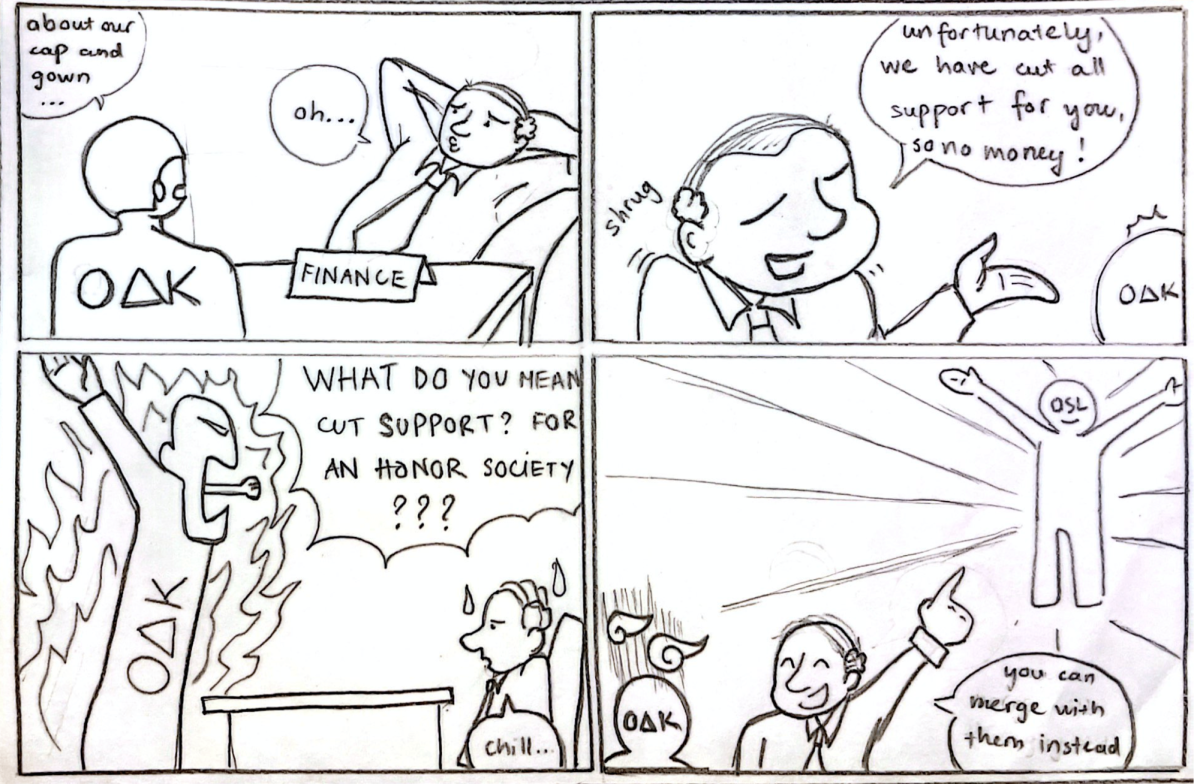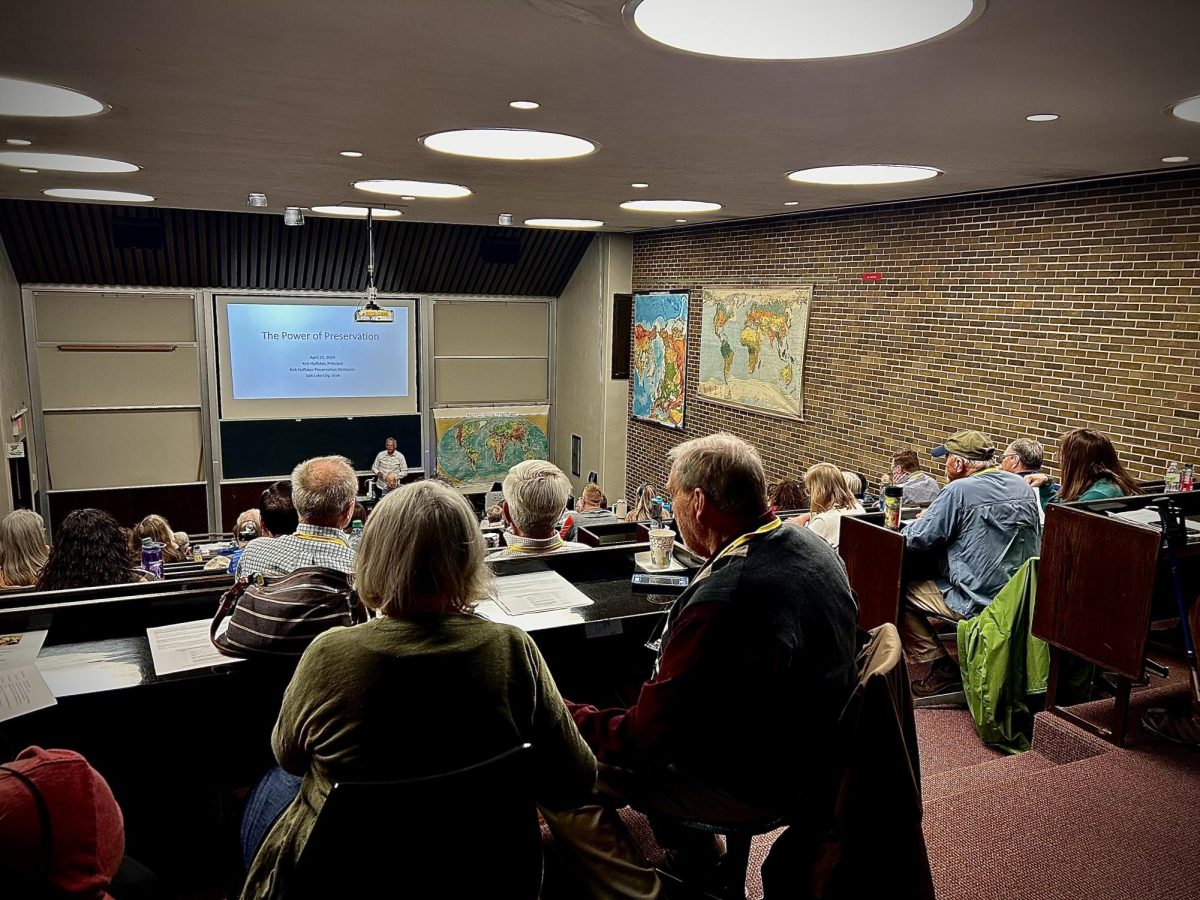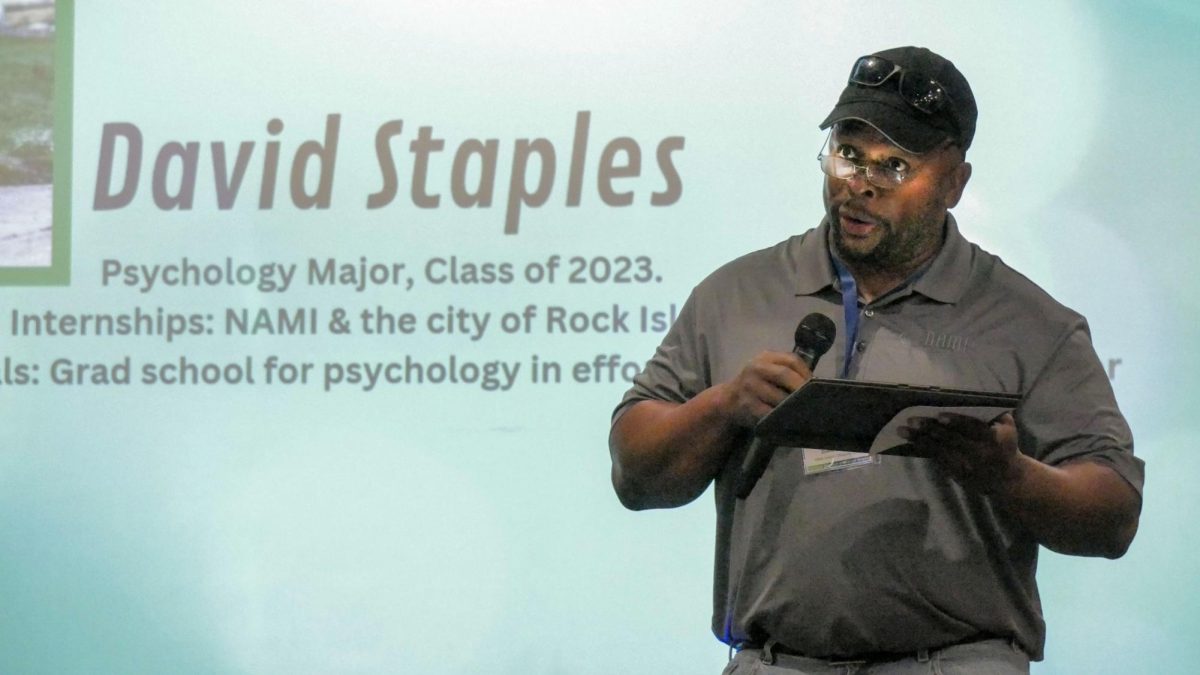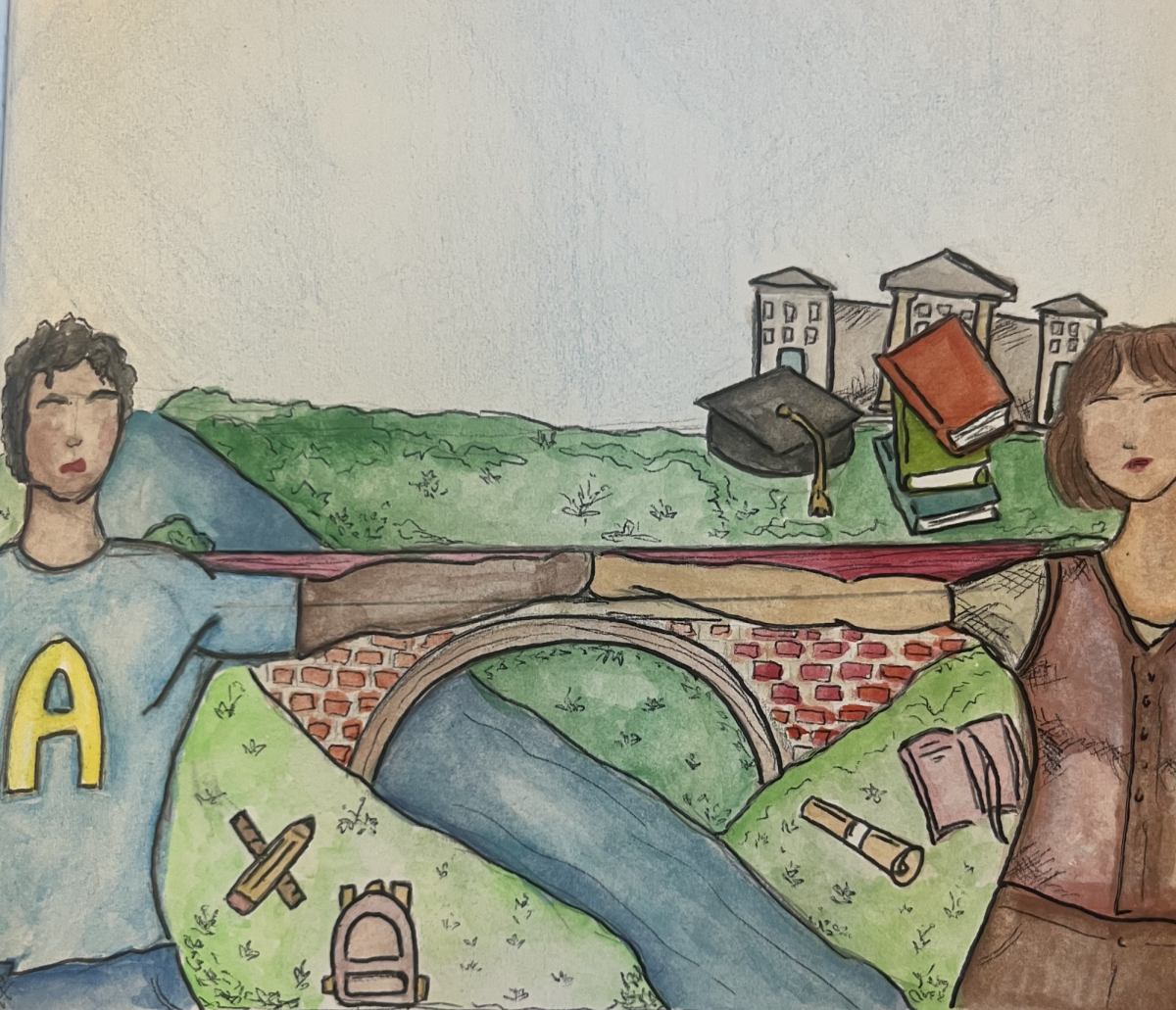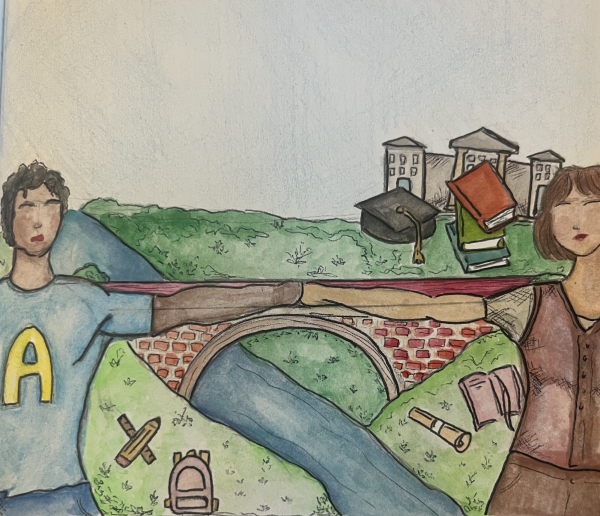Augustana’s Day of Giving pressures students to give them more money
March 18, 2023
Early in March, Augustana celebrated its annual Day of Giving, where it turns to alumni, parents of students and current students for financial support. Augustana is far from the only college to seek donations, but it is inappropriate for the college to seek them from students.
Given the steady rise in tuition over the years and college students being subject to other expenses, the college should not be asking them for money.
The Day of Giving this past year had a donation goal of $500,000. According to the college, the goal of the donations is to fund “scholarships, academic programming and immediate needs of the college — or to keep it simple, everything that makes the Augustana experience the best it can be for our students.”
If the Day of Giving aims to make the experience the best for Augustana students, asking students to fund it is unfair.
One of the primary arguments in favor of asking students for donations is that it helps to cultivate a culture of giving. By asking students to donate, colleges hope to instill a sense of gratitude and responsibility to give back to the institution that helped them achieve their goals. It can also help to develop a sense of ownership, investment and pride in the college community.
However, it is not the responsibility of the students to fund the campus.
Another argument in favor of asking students for donations is that it can help to alleviate the college’s financial pressure. Asking students, alumni and other stakeholders in the college for donations can help to provide financial support for various programs and initiatives.
While the clear benefit here is for the school, it can also arguably serve as a benefit for the entire student body, as it improves the quality of education and availability of on-campus resources.
But students and their families spend thousands of dollars investing in their education as they pay tuition, housing, and other expenses. It is unfair to place the burden on students to fund their education and the institution that provides it.
Placing this pressure creates a sense of obligation for students, guilt-tripping them into giving. This unfairly targets students who are unable to give, creating a division between students as some may feel entitled to resources as they were able to play more of a role in funding them.
Asking and guilt-tripping students for funding may cause students to resent Augustana or perceive it as mismanaging its finances. There are alternatives to asking students, such as applying for grants, which would help the college to avoid the stigma that it cannot secure funding from other sources.
Another factor in Augustana’s Day of Giving is its endowment, which is a philanthropic effort that allows current students and graduates to invest.
According to the college, it helps investors to “build a permanent legacy and resource that makes a difference now and for generations to come [and provides] the personal satisfaction of making an investment in human potential.”
As Augustana has access to this financial resource, the request for students to donate on the Day of Giving is unnecessary.
The benefits of asking students for donations are overshadowed by the drawbacks. Colleges and universities should not ask their students for donations as it creates undue financial burden, pressure and division.
There is also the fact that Augustana pays student workers below the state’s minimum wage, and only recently announced a wage increase for all student workers and an additional future raise for student supervisors. As Augustana cannot give its student workers a reasonable, livable wage, it should not ask them to donate. Asking students who are already under financial stress only further contributes to resentment of the college and the view that the college manages its finances poorly.
Instead, Augustana should focus on securing funding from other sources, such as alumni or grants, ensuring its financial stability and providing high-quality education and resources for students without additional stress or financial obligation.

